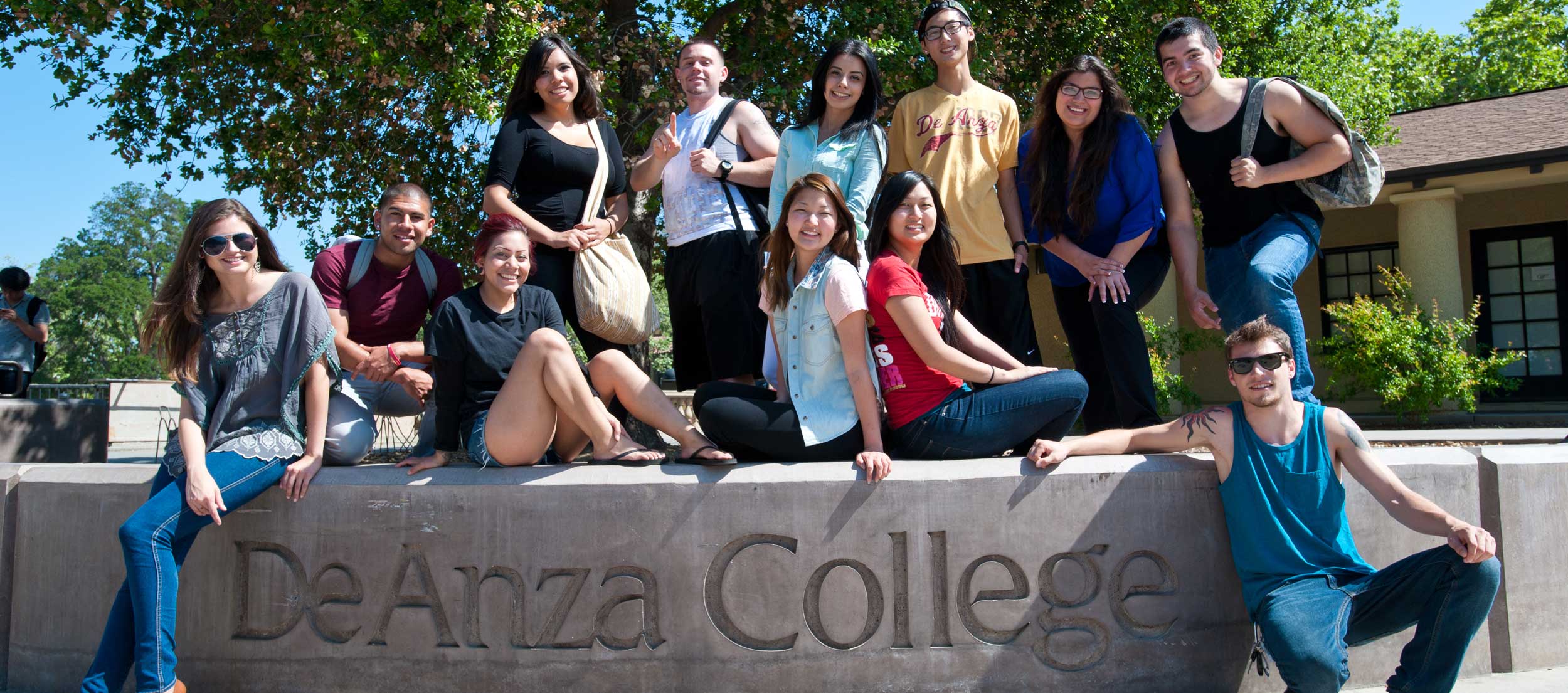Spring 2020
Committee:
Regional Affairs and Executive Committees
WHEREAS, much like the existing spaces on California Community College campuses, formerly incarcerated students fit the model of “special population” that urgently needs personalized attention and formerly incarcerated students are denied certain privileges, such as student aid, that can be addressed at the community college;
WHEREAS, in a survey conducted by the Chancellor’s Office, challenges for all survey respondents were “lack of financial resources to compensate dedicated program staff,” “knowing who is formerly incarcerated,” and “meeting students’ non-academic needs” with the top non-financial need as “securing employment opportunities for the students”[1];
WHEREAS, it is estimated that over 50,000 individuals will be released from California’s prisons in the next two years, and thousands more will be released from county jails and without intervention, many of them return from and to custody, at our communities’ and taxpayers’ expense, in a repeat cycle of incarceration [2]; and
WHEREAS, in 2011, California Legislation AB 109, allowed funding to be used for rehabilitation and reentry to reduce re-offenses for formerly incarcerated, yet only a few counties are using AB 109 funds for educational purposes and college education has been a proven method to stop the revolving door as seen in a RAND study showing that participants in prison college programs have 51% lower odds of re-committing offenses than those who do not participate [3]; now, therefore, be it
RESOLVED, that the Student Senate for California Community Colleges advocate for creation of programs at each college for the formerly incarcerated student, which will include a safe, stigma and judgement-free student space with a personalized liaison who will coordinate services such as admissions and financial aid application assistance, referrals to legal services, employment and internship opportunities [4];
RESOLVED, that the Student Senate for California Community Colleges advocate for behavioral health counseling and support be made available with specific understanding of the issues faced by the formerly incarcerated student including but not limited to, gang intervention, trauma informed care, substance abuse, family therapy and conflict resolution; and
RESOLVED, that the Student Senate for California Community Colleges work with the California Community College Chancellor’s Office to recognize the incarcerated and formerly incarcerated population as a student equity issue to fall in lines with the Chancellor's Student Equity and Achievement Program (SEAP) requirements, thus, building Student Success and Support Programs designed to help with Basic Skills Initiatives, creating Guided Pathways, all in line with the Chancellor's Vision for Success.
Citation 1: https://correctionstocollegeca.org/assets/general/CEO-Survey-Results.pdf
Citation 2: https://files.eric.ed.gov/fulltext/ED574136.pdf
Citation 3: https://leginfo.legislature.ca.gov/faces/billTextClient.xhtml?bill_id=201120120AB109
Citation 4: https://www.cccco.edu/About-Us/Vision-for-Success
WHEREAS, in a survey conducted by the Chancellor’s Office, challenges for all survey respondents were “lack of financial resources to compensate dedicated program staff,” “knowing who is formerly incarcerated,” and “meeting students’ non-academic needs” with the top non-financial need as “securing employment opportunities for the students”[1];
WHEREAS, it is estimated that over 50,000 individuals will be released from California’s prisons in the next two years, and thousands more will be released from county jails and without intervention, many of them return from and to custody, at our communities’ and taxpayers’ expense, in a repeat cycle of incarceration [2]; and
WHEREAS, in 2011, California Legislation AB 109, allowed funding to be used for rehabilitation and reentry to reduce re-offenses for formerly incarcerated, yet only a few counties are using AB 109 funds for educational purposes and college education has been a proven method to stop the revolving door as seen in a RAND study showing that participants in prison college programs have 51% lower odds of re-committing offenses than those who do not participate [3]; now, therefore, be it
RESOLVED, that the Student Senate for California Community Colleges advocate for creation of programs at each college for the formerly incarcerated student, which will include a safe, stigma and judgement-free student space with a personalized liaison who will coordinate services such as admissions and financial aid application assistance, referrals to legal services, employment and internship opportunities [4];
RESOLVED, that the Student Senate for California Community Colleges advocate for behavioral health counseling and support be made available with specific understanding of the issues faced by the formerly incarcerated student including but not limited to, gang intervention, trauma informed care, substance abuse, family therapy and conflict resolution; and
RESOLVED, that the Student Senate for California Community Colleges work with the California Community College Chancellor’s Office to recognize the incarcerated and formerly incarcerated population as a student equity issue to fall in lines with the Chancellor's Student Equity and Achievement Program (SEAP) requirements, thus, building Student Success and Support Programs designed to help with Basic Skills Initiatives, creating Guided Pathways, all in line with the Chancellor's Vision for Success.
Citation 1: https://correctionstocollegeca.org/assets/general/CEO-Survey-Results.pdf
Citation 2: https://files.eric.ed.gov/fulltext/ED574136.pdf
Citation 3: https://leginfo.legislature.ca.gov/faces/billTextClient.xhtml?bill_id=201120120AB109
Citation 4: https://www.cccco.edu/About-Us/Vision-for-Success
Status
The Chancellor's Office in 2021 created the Rising Scholars Program (https://foundationccc.org/What-We-Do/Equity/Rising-Scholars-Network). In addition, the Chancellor's Office Curriculum Committee - 5C - is currently updating and strengthening regulations in correspondence courses, which is the way courses are delivered.

